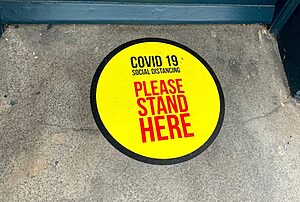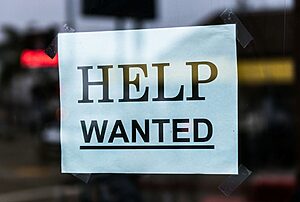In brief
- The Government considers mandatory code of conduct for social media platforms.
- The proposed code seeks to reduce “harmful” content while respecting “legal” content; but these things are easily politicised.
- The plan is to require platforms to take responsibility for compliance.
- Opponents see this as just another attempt to suppress dissenting perspectives.
Censorship under public consultation
The Department of Internal Affairs has proposed a major shake-up of media regulation in New Zealand, which would introduce a mandatory code of conduct for social media platforms like Meta, YouTube, and Twitter.
The suggested changes called Safer Online Services and Media Platforms would also affect traditional media outlets and streaming TV providers, but the focus would be primarily on social media platforms.
Platforms with audiences of over 100,000 Kiwis annually or 25,000 registered NZ users would be required to develop an approved code of practice, overseen by a regulator which would hold power to fine them for breaches. According to the ACT Party’s leader, David Seymour, even mailing lists fall under the purview of the proposed regulator.
The proposals are currently under public consultation and have not yet become government policy. The department acknowledges it is still uncertain whether it has the legal authority-much less the moral authority-to fine platforms for code breaches, but it asserts the codes would apply regardless of the platform’s willingness to participate.

Harm reduction and free expression
The initiative aims to reduce harmful content, such as promoting eating disorders, adult content in video games, and things that could be considered misogynistic. The proposed social media code could include rules for responsible and transparent algorithmic design.
The regulator would not have the authority to take down or moderate content, and the responsibility for compliance would lie with the platforms themselves, much like Jacinda Ardern’s Christchurch Call is aiming to achieve.
This is akin to using a third party to do your dirty work, under threat, and then claiming you are not responsible for their actions, should they happen to be overzealous. Put another way, an attempt to limit speech while maintaining plausible deniability.
There was a time when NZ’s airwaves were entirely government controlled, resulting in Pirate Radio Hauraki. This seems like a step back in that direction.
The proposed regulator’s authority would surpass current regulatory powers, impacting social media and other platforms, including organisations like the Free Speech Union. Codes defining permissible content would be drafted by industry, NGOs, and academics, with no Parliamentary involvement or representative accountability. Of course the magic is always in who gets the say.
More powers and penalties for non-compliance
The draft aims to establish the regulator’s powers, independent of parliamentary processes, but with public engagement. The recommendation is to increase penalties for non-compliance with takedown notices to better reflect the severity of the offence, currently set at up to $200,000 per incident.
Threats to freedom
Critics, including the Free Speech Union, oppose the proposed regulatory structure, expressing concerns that it will likely be used to suppress unpopular perspectives and opinions.
We have, in New Zealand, already seen agents of the state remove users and groups from social media for expressing dissenting opinions online.
Proposed interventions will also be subject to “obligations flowing from Te Tiriti o Waitangi” and “should recognise the harm Māori experience through discriminatory and threatening content”.
If codified into law then how long before content criticising co-governance measures will be considered discriminatory and threatening?
Public consultation through The Department of Internal Affairs is ongoing until 31 July 2023.
Feature image by opensourceway



















